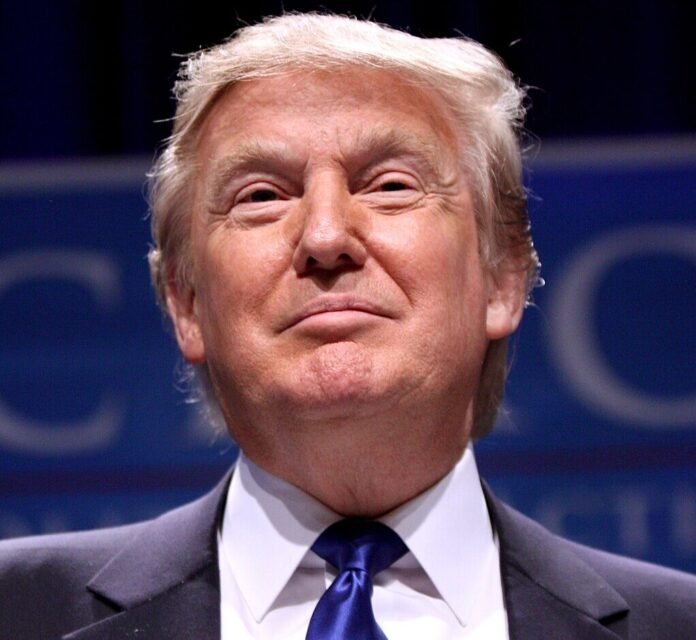In a controversial move, Trump pardons over 1,500 individuals involved in the Capitol riot, including those who assaulted police officers
In a startling move, President Donald Trump, on his first day back in office, pardoned or commuted the prison sentences of more than 1,500 individuals charged in the January 6, 2021, U.S. Capitol riot. This sweeping use of his clemency powers included pardons for individuals convicted of serious charges, such as seditious conspiracy and assaulting police officers during the violent insurrection that aimed to overturn the results of the 2020 election.
Trump’s decision, which came just hours after he reclaimed the White House, has ignited fierce debate over the legal and moral ramifications of his actions. The clemency granted to those convicted for their roles in attacking the Capitol and law enforcement signals a dramatic shift in his stance on the events that transpired on one of the darkest days in American history.
Among those benefitting from Trump’s pardons are rioters who physically assaulted police officers with weapons like poles, bats, and bear spray. The pardons also extend to members of far-right extremist groups who had been convicted for attempting to keep Trump in power after his defeat by Joe Biden in the 2020 presidential election. These individuals were involved in schemes that sought to disrupt the peaceful transfer of power, which many viewed as an attack on democracy itself.
Embed from Getty ImagesTrump’s clemency action effectively overturns the efforts of the Justice Department, which spent years pursuing justice for the perpetrators of the Capitol attack, an event that resulted in more than 100 law enforcement officers being injured. The violent mob breached the Capitol building, shattered windows, and led lawmakers and staff members to seek shelter as the situation spiraled out of control.
While Trump had hinted at pardons for the Jan. 6 participants during his campaign for re-election, the scale and speed of this decision have raised eyebrows across the political spectrum. Legal analysts and politicians alike are questioning the potential long-term impact on the Justice Department’s ability to hold those accountable for the riot, which many consider a direct assault on the U.S. government.
In addition to the pardons, Trump’s action also included an order for the U.S. Attorney General to pursue the dismissal of approximately 450 cases still pending before the courts, many of which involve individuals facing lesser charges related to the Capitol breach. This directive, which could result in the dismissal of cases that had already been in the judicial system for years, is seen by some as an attempt to undermine the judicial process and further rewrite the narrative surrounding the events of January 6.
The pardons granted on Trump’s first day back in office mark a significant moment in the ongoing legal battles surrounding the Capitol riot. Critics of the decision argue that it sends a dangerous message to those who would seek to undermine the democratic process, while supporters view it as an effort to right the wrongs they believe were committed by a political system that was too harsh on Trump’s loyalists.
As the political fallout continues to unfold, the impact of Trump’s sweeping clemency is likely to be felt for years to come, especially as the nation grapples with the legacy of the January 6 attack
